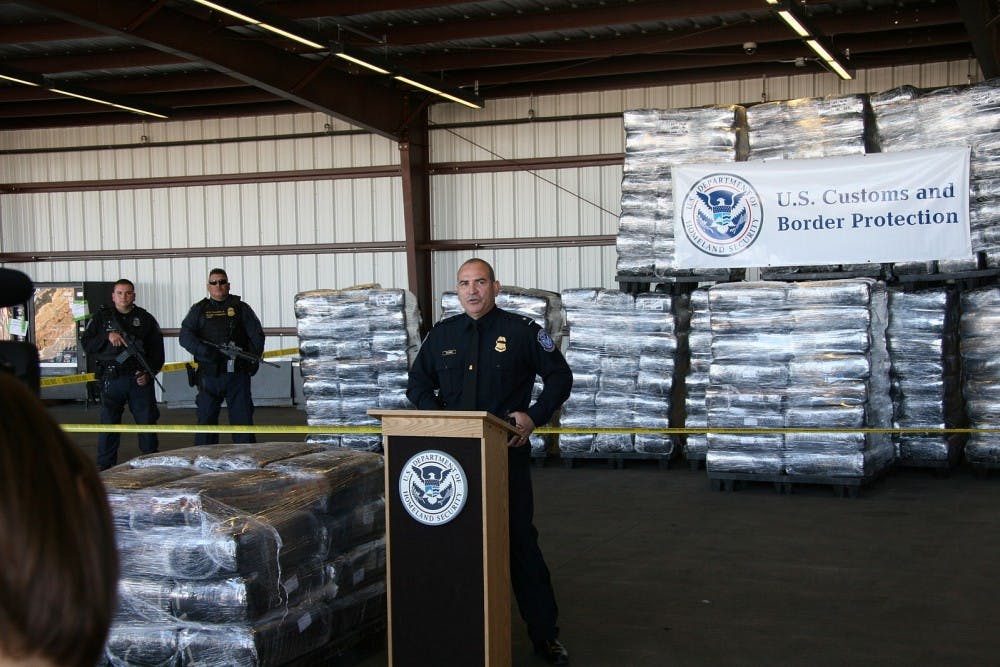When the late President Richard Nixon declared in his 1971 national address that there was a war on drugs, he focused on marijuana and heroin.
Nixon’s “war on drugs” approach was intended to crack down on drug users. John Ehrlichman, who served as Nixon’s domestic policy chief, said, “We knew we couldn’t make it illegal to be either against the war or black, but by getting the public to associate hippies with marijuana and blacks with heroin, and then criminalizing both heavily, we could disrupt those communities,” according to Dan Baum.
Nixon used the war on drugs tactic as a gateway to strife into the black and brown communities and persuaded the world into thinking that drug use only correlates with specific people.
The question on whether medical marijuana should be legal was asked, but the staff also decided that there are more problematic issues that affect citizens than legalizing medical marijuana.
For instance, the opioid crisis is at an all-time high. “Every day, more than 115 Americans die after overdosing on opioids,” according to the National Institute on Drug Abuse.
This statistic proves the importance of putting aside our beliefs on marijuana use to collectively fight to get opioids off the street.
On Feb. 15, Pennsylvania made its first medical marijuana sale.
The first medical marijuana dispensary opened on Thursday, and is located in Butler County just north of Pittsburgh, according to Pennlive.
Recognizing marijuana’s medicinal benefits, such as helping people cope with chronic pain and psychological issues, is an important step in changing the image of the drug and the people who use it.
Now that medical marijuana is legal in most states, people are more than excited about the transition that has taken place — well, not everyone.
What needs to be put in perspective is the fact that there are “2,157,000 Americans incarcerated in federal, state and local prisons and jails and 57 percent incarcerated for drug offenses are black or Latino,” according to Drugpolicy.org.
Nearly 50 years after Nixon launched it, the war on drugs still exists, and not only is it targeting blacks and Latinos, but everyone. Millions of people have suffered and continue to suffer because of criminal backgrounds that are keeping them from being employed, registering to vote and living a normal life.
As far as the opioid crisis, it is an epidemic that has increased in the last few years and resulted in accidental overdoses, leaving families in pain and desperate for a change.
“The misuse of and addiction to opioids — including prescription pain relievers, heroin and synthetic opioids such as fentanyl — is a serious national crisis that affects public health, as well as social and economic welfare,” according to the National Institute on Drug Abuse. If there are more people who are dying from accidental overdoses, what will happen to the economy?
If there are more people getting incarcerated due to drug abuse and offenses, what will happen to families? If there are more people concerned about effects of marijuana then the effects of opioids, what happens to the morals of society?
The war is not just on drugs; the war is on everyone affected by the drugs.


The Slate welcomes thoughtful discussion on all of our stories, but please keep comments civil and on-topic. Read our full guidelines here.